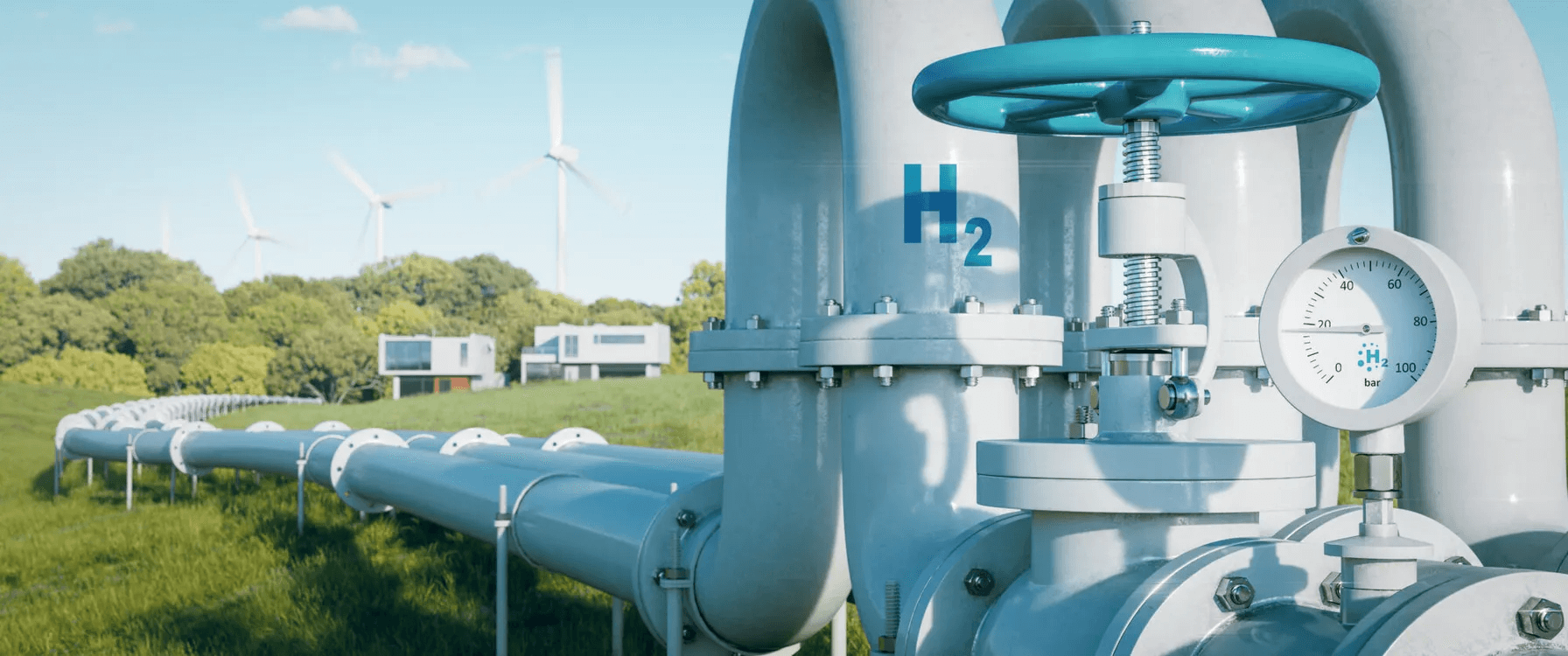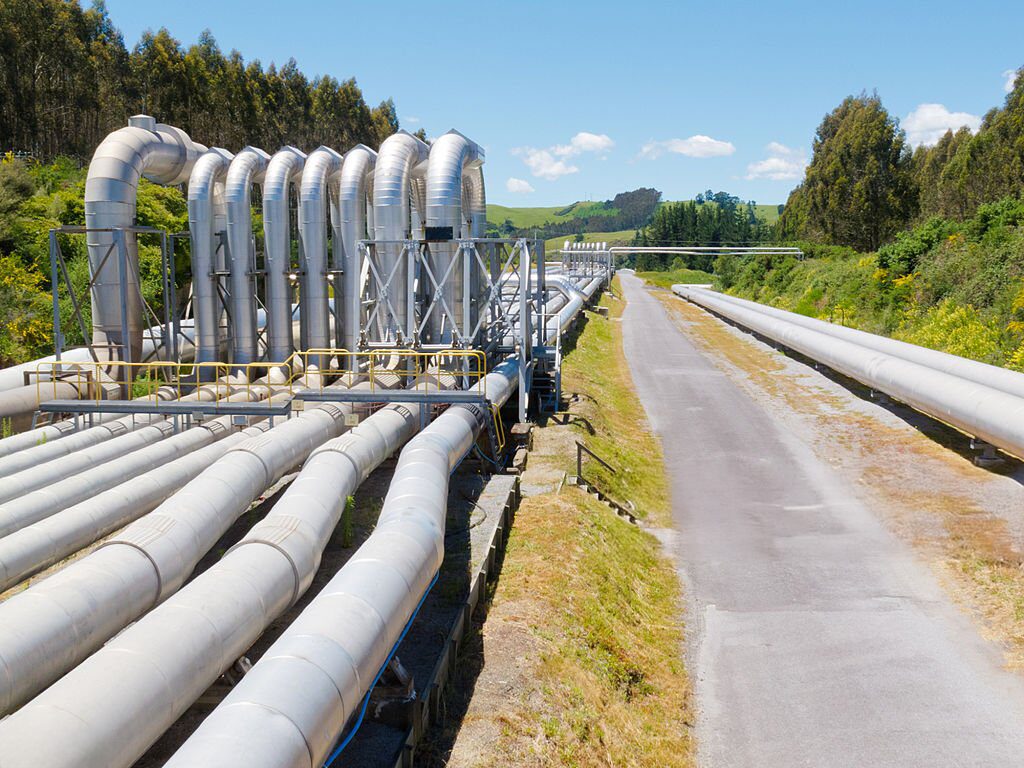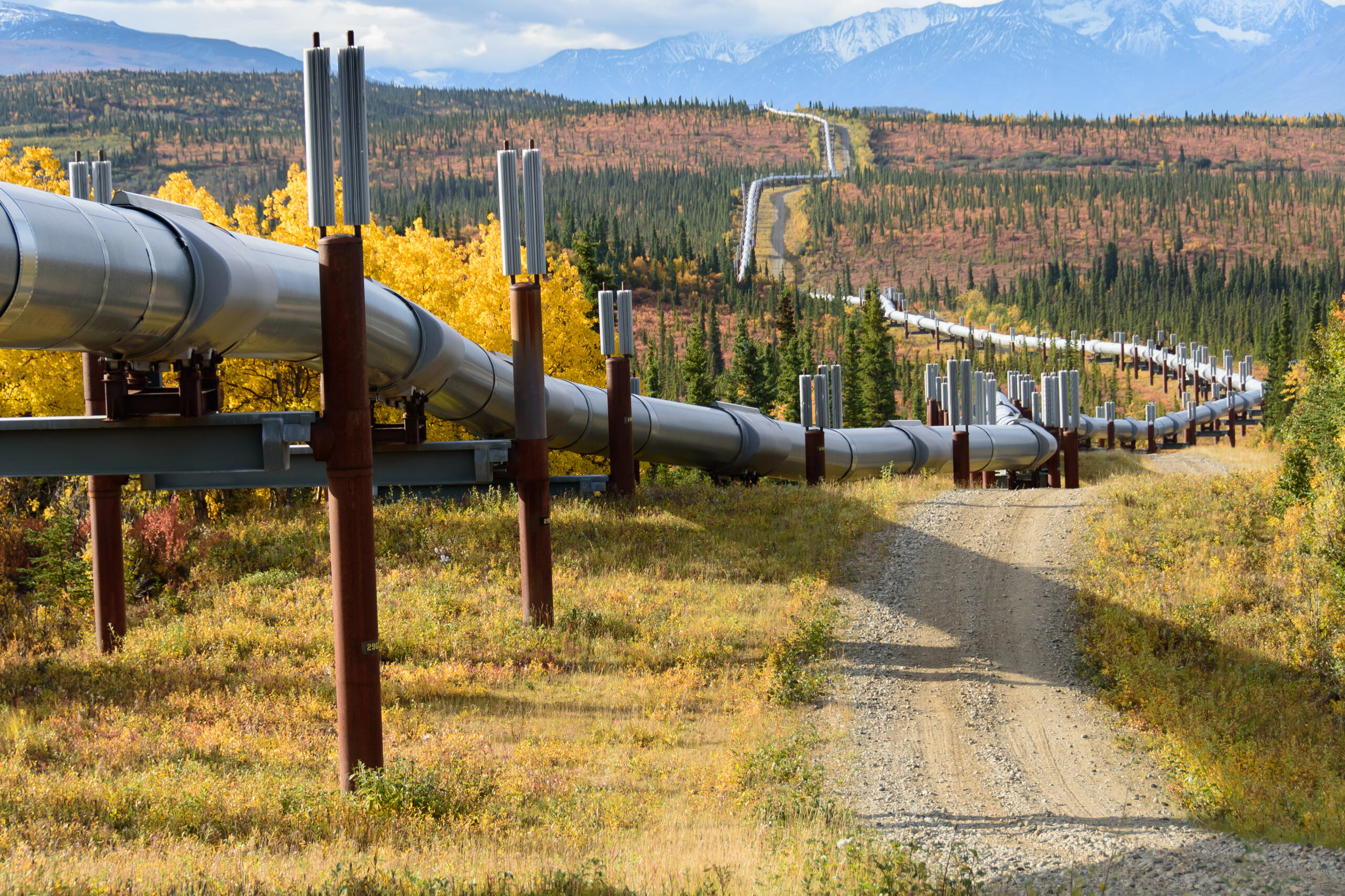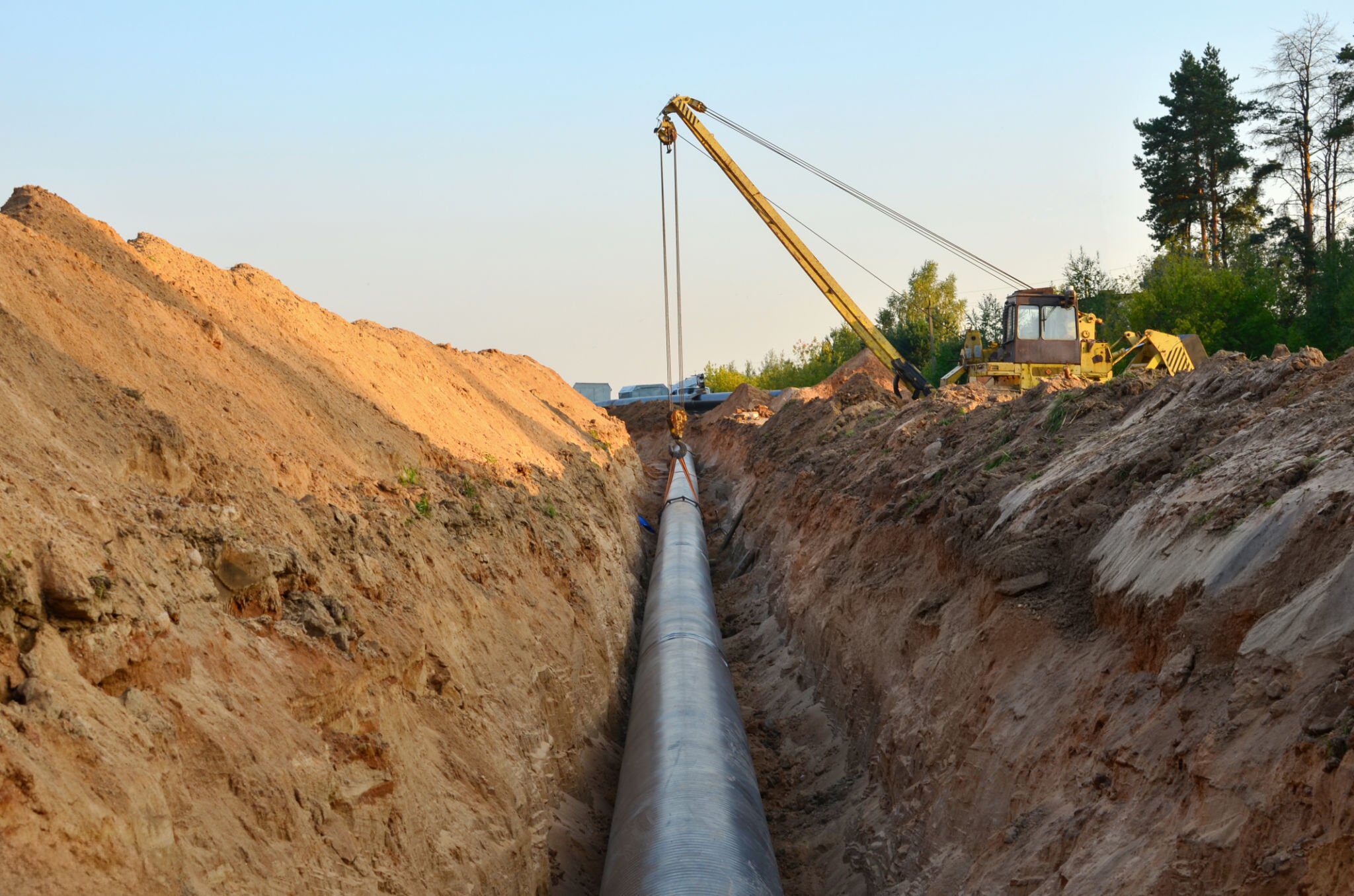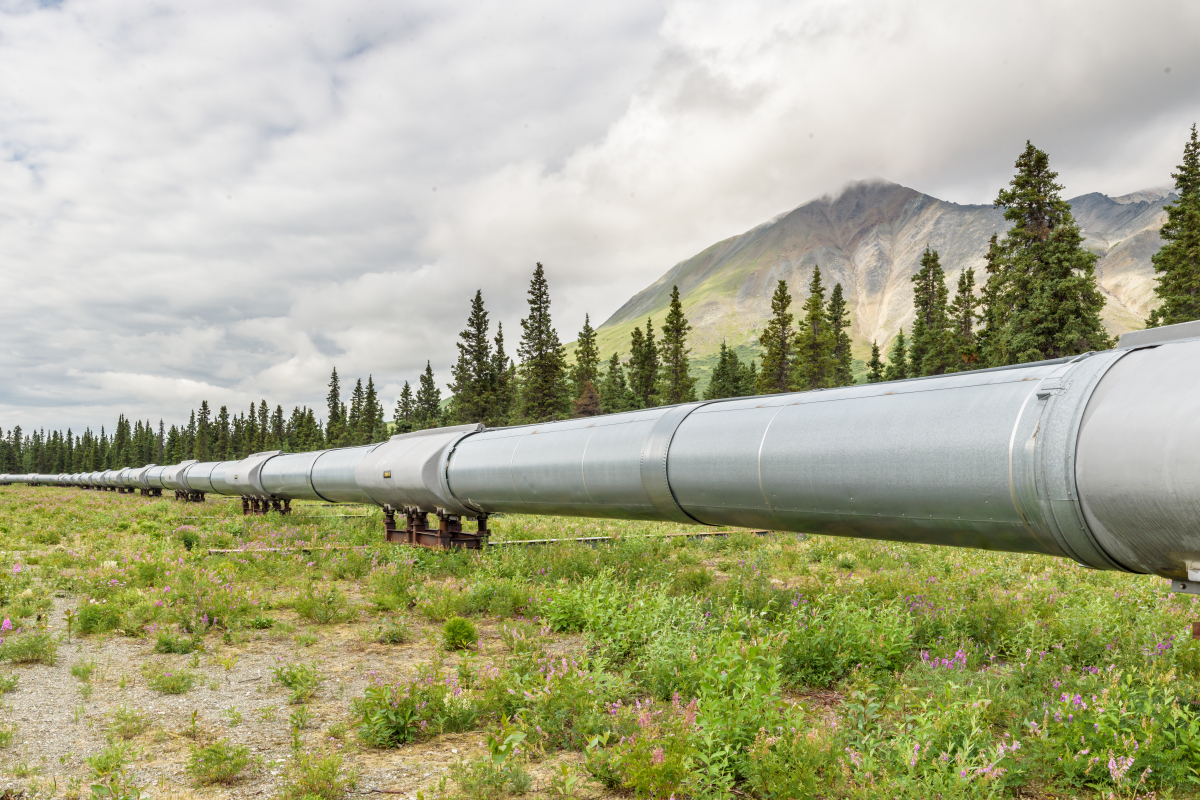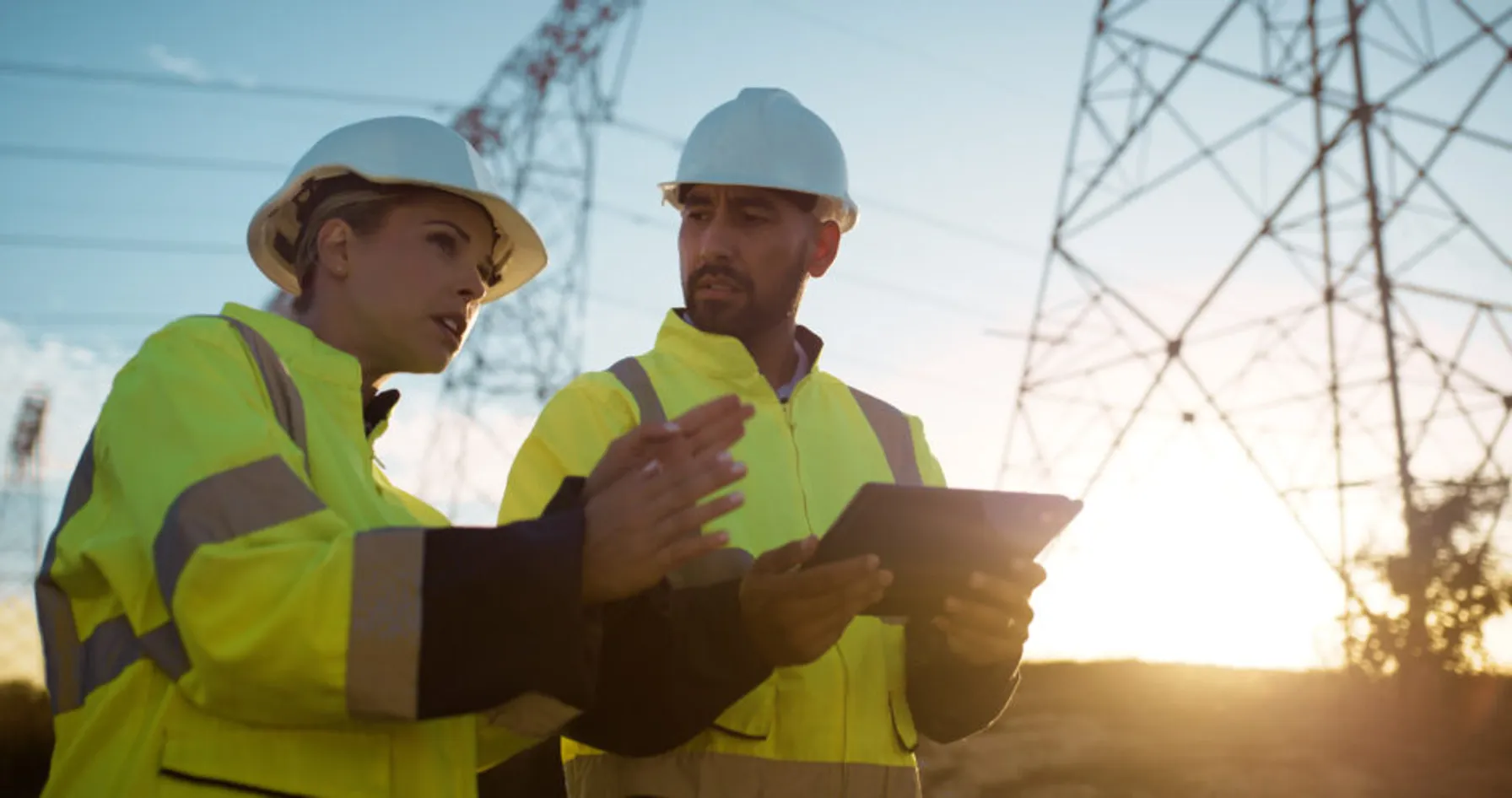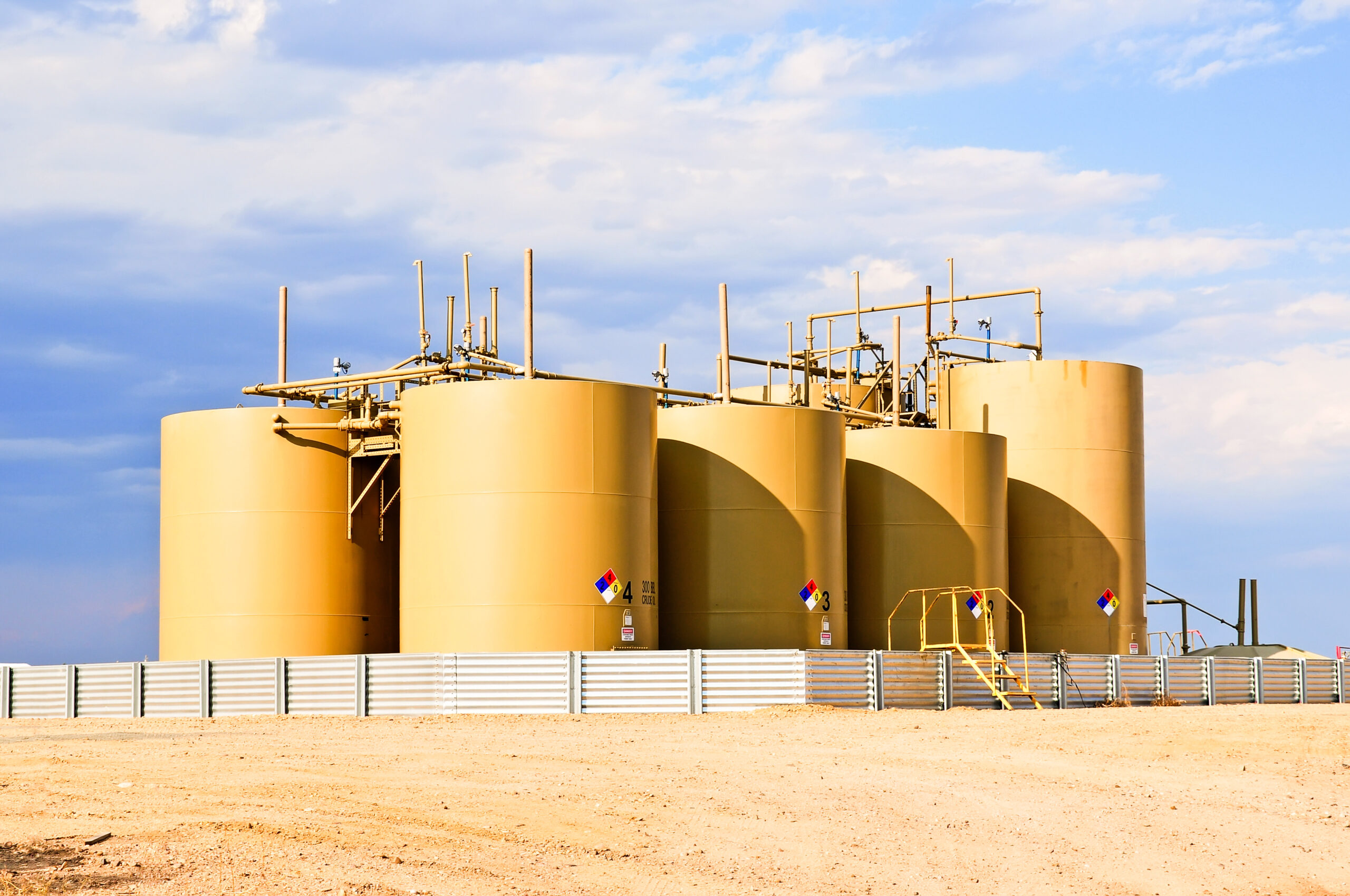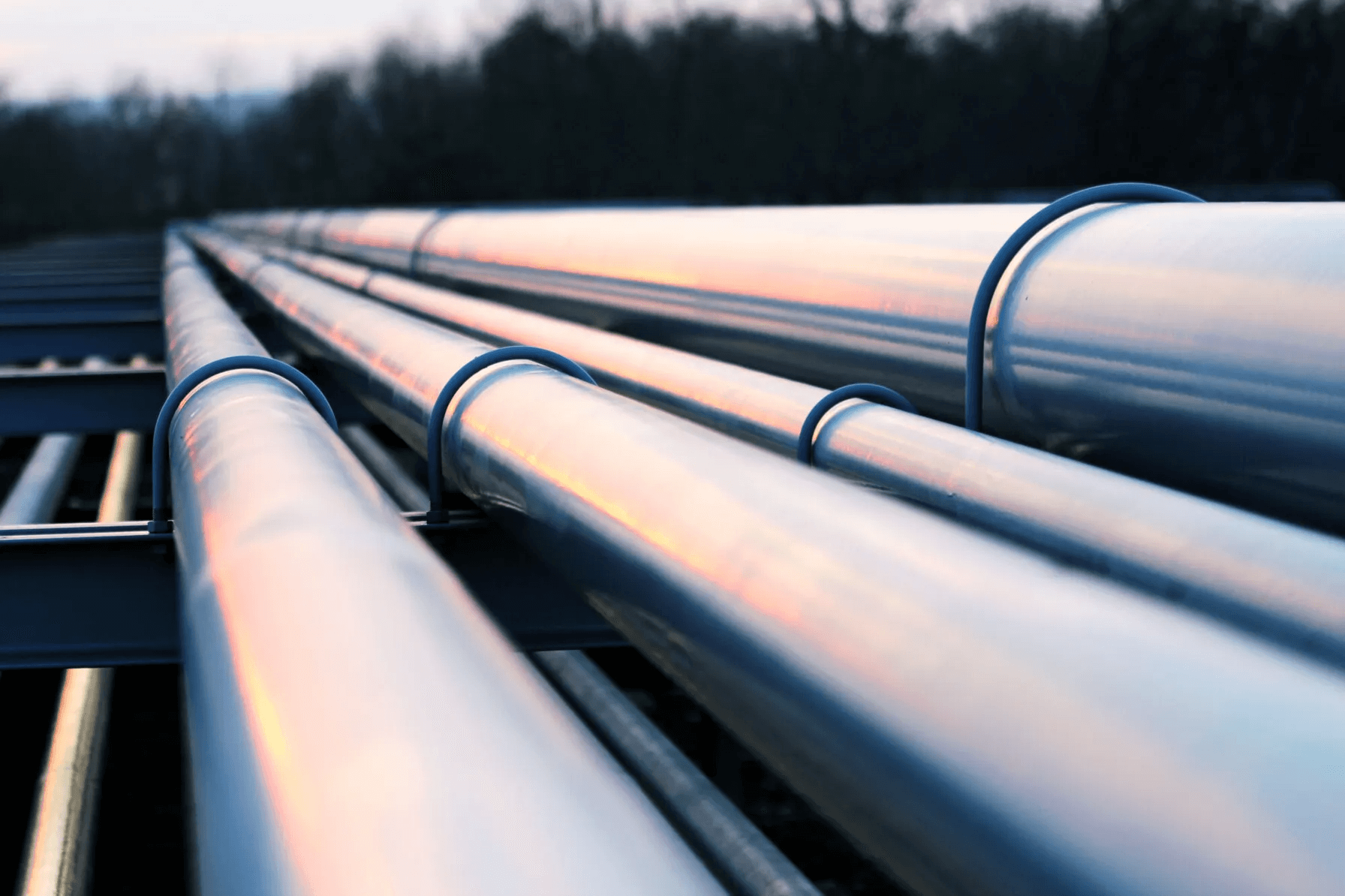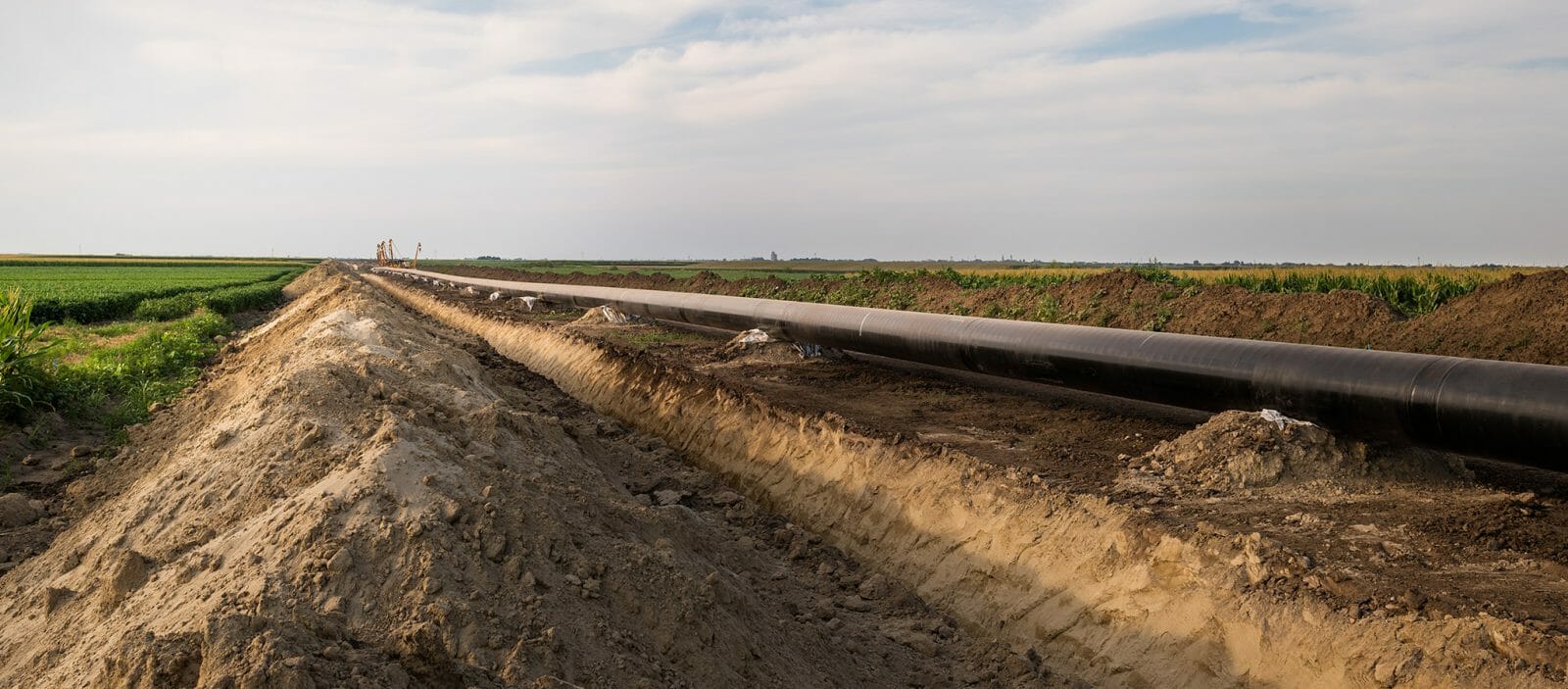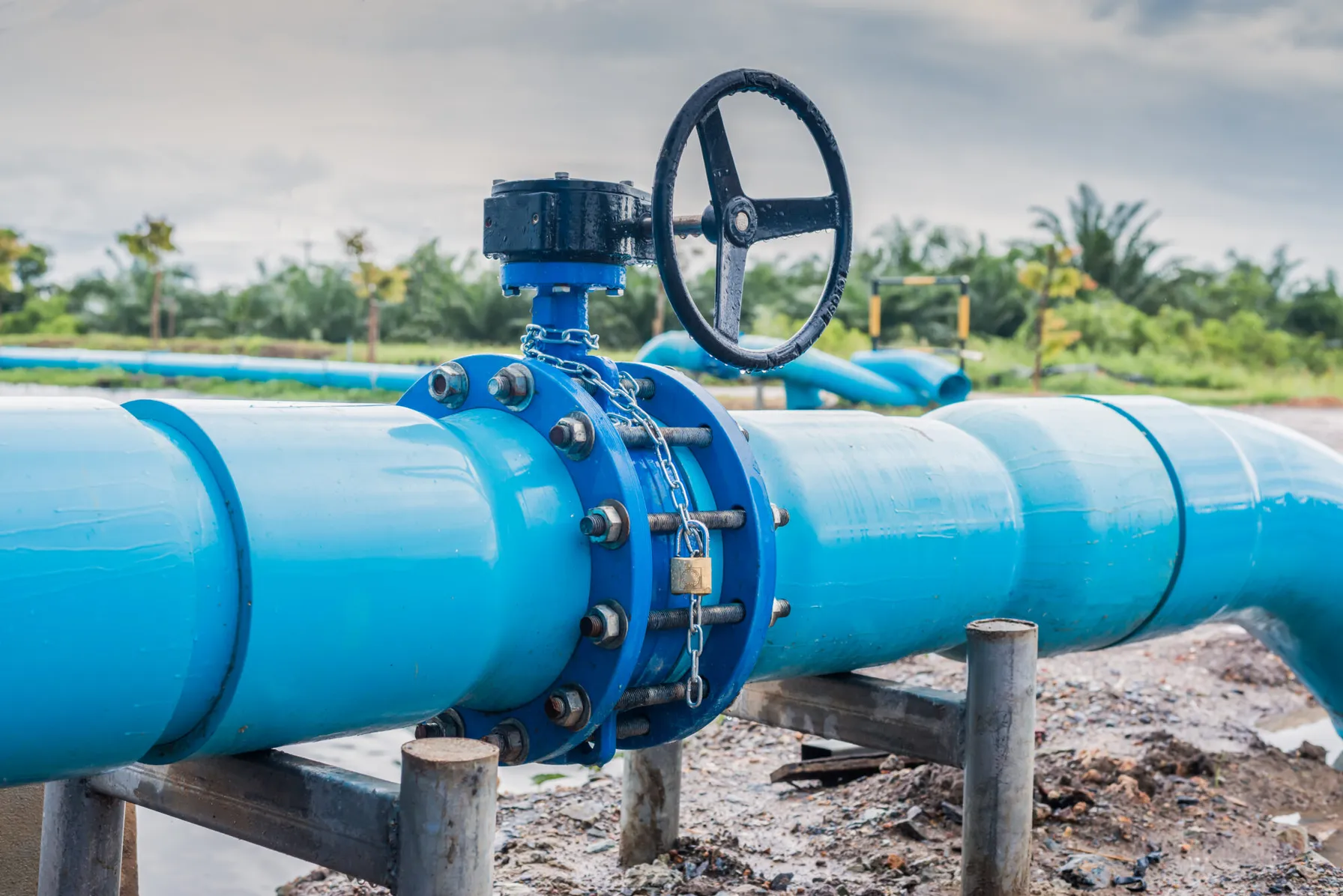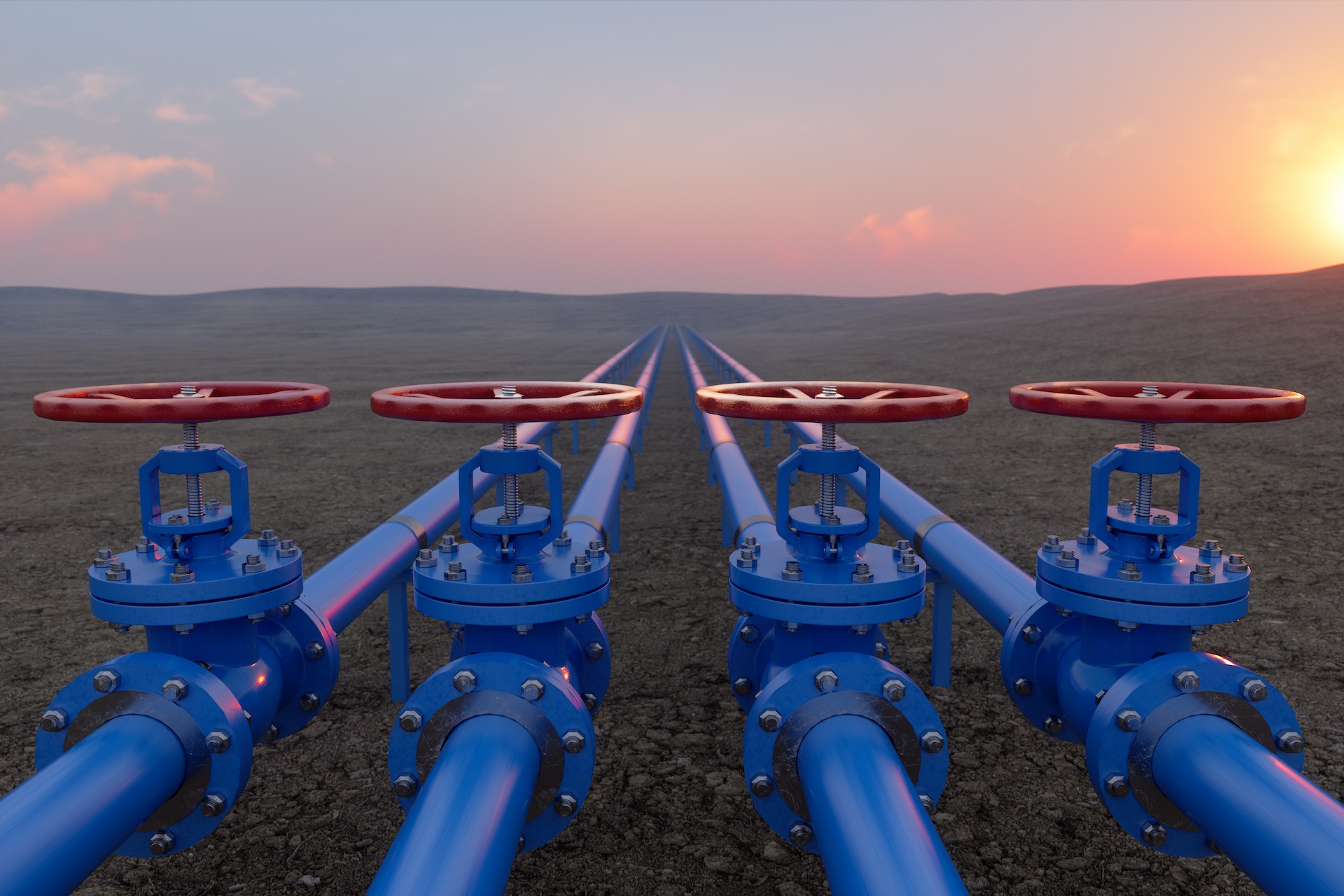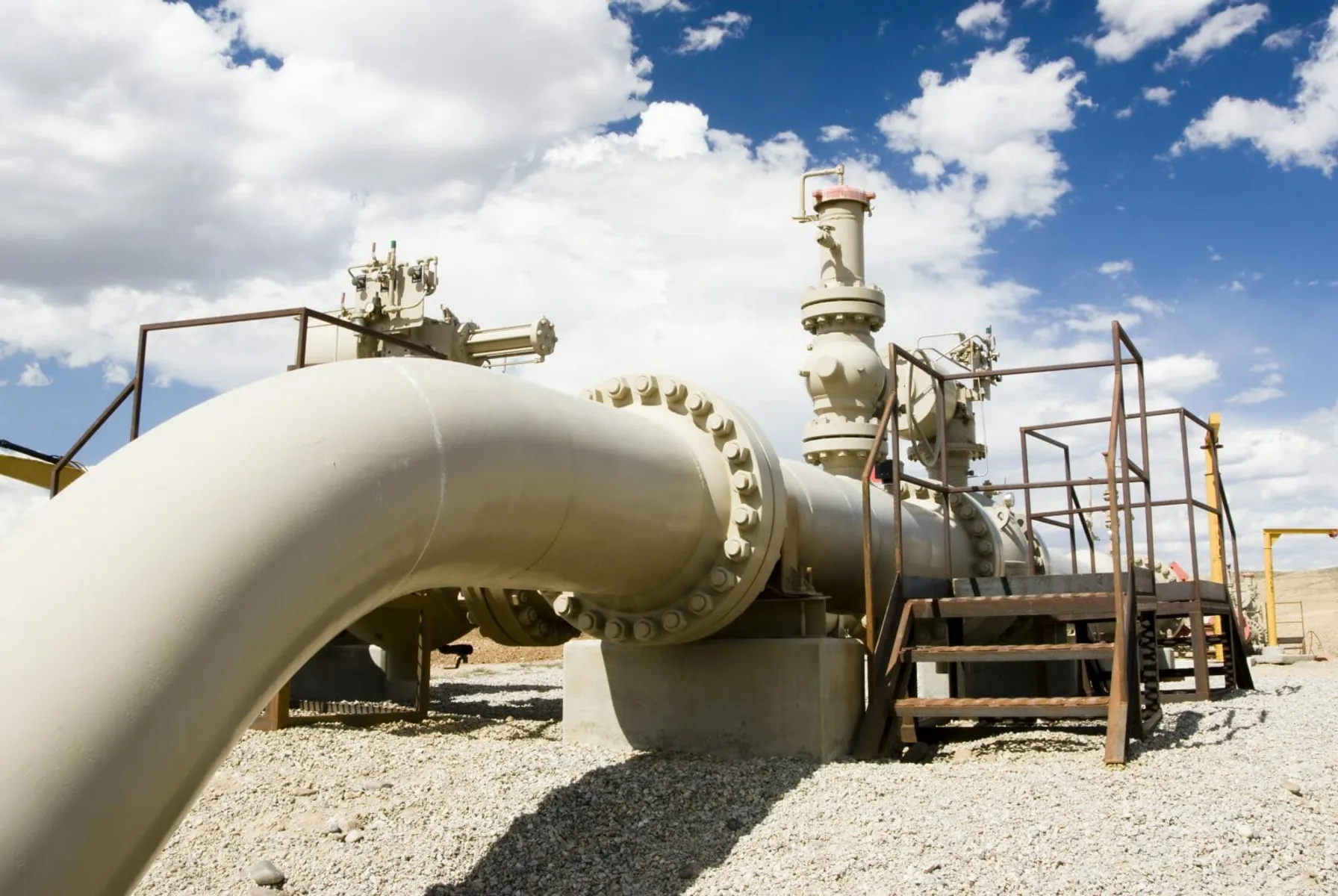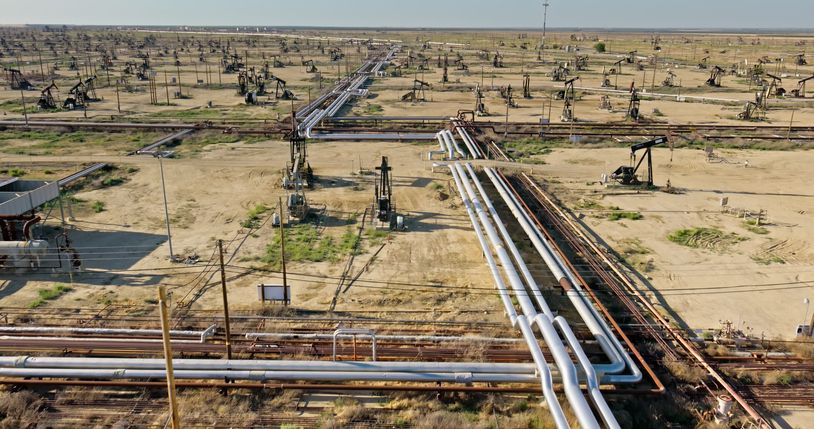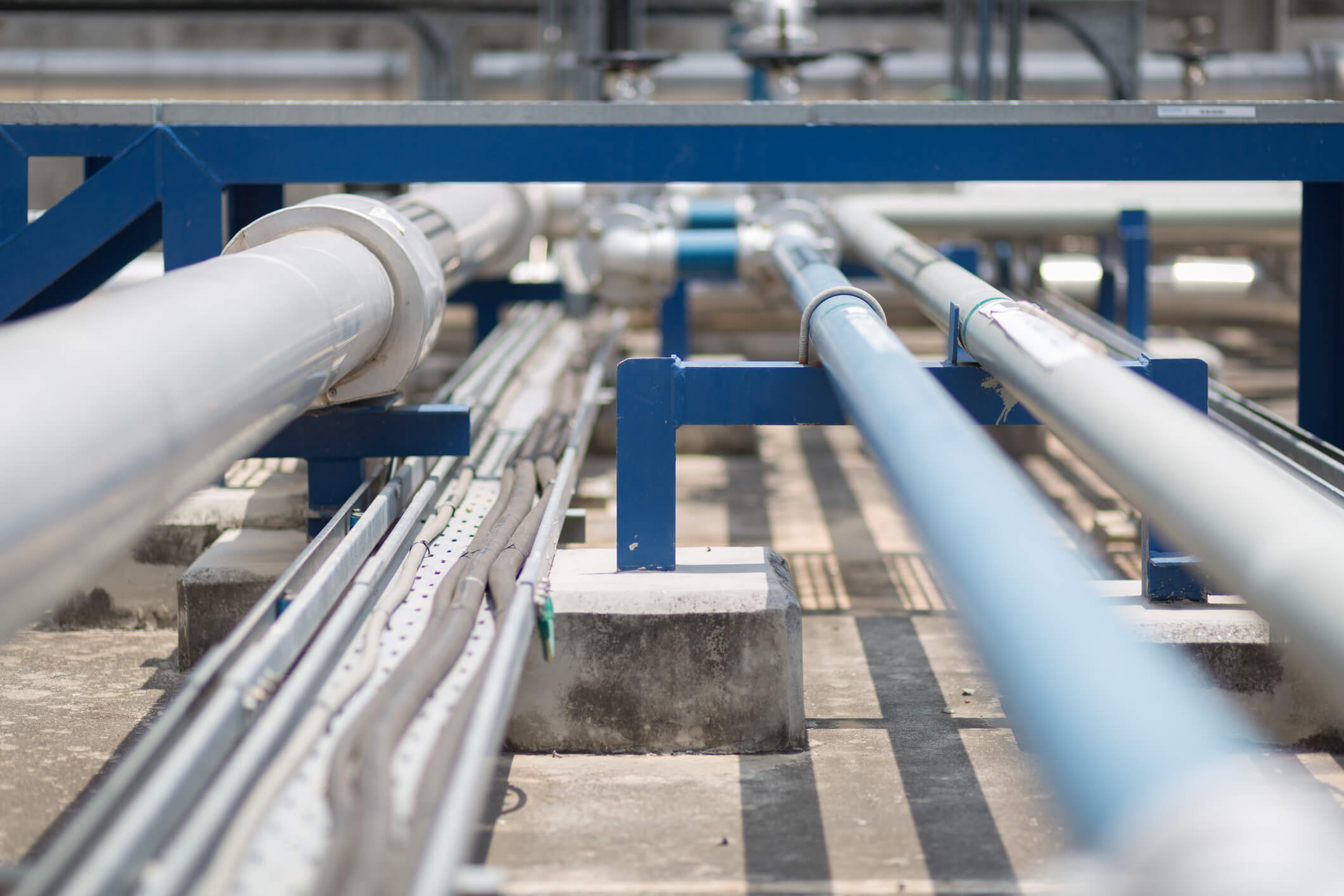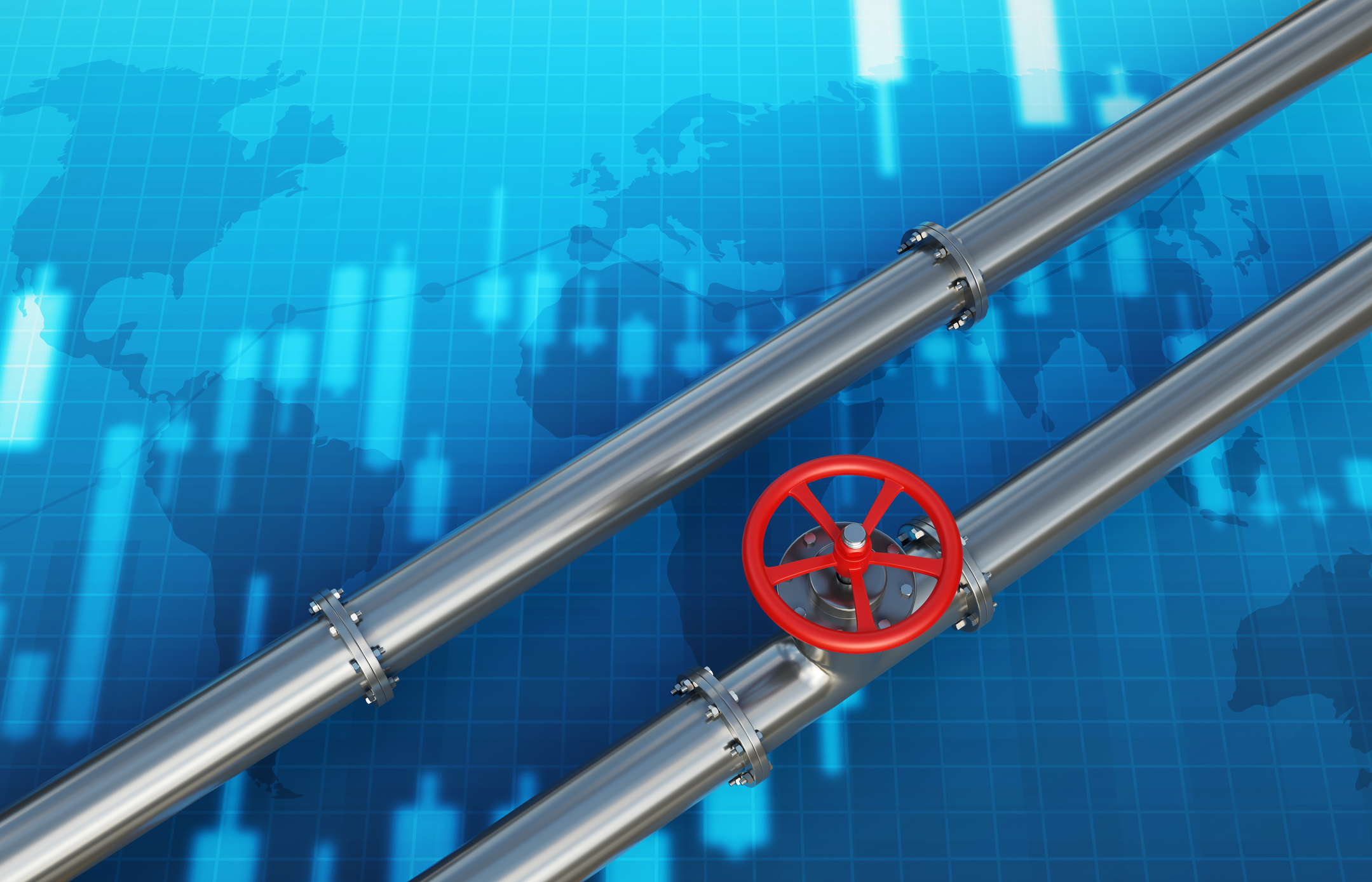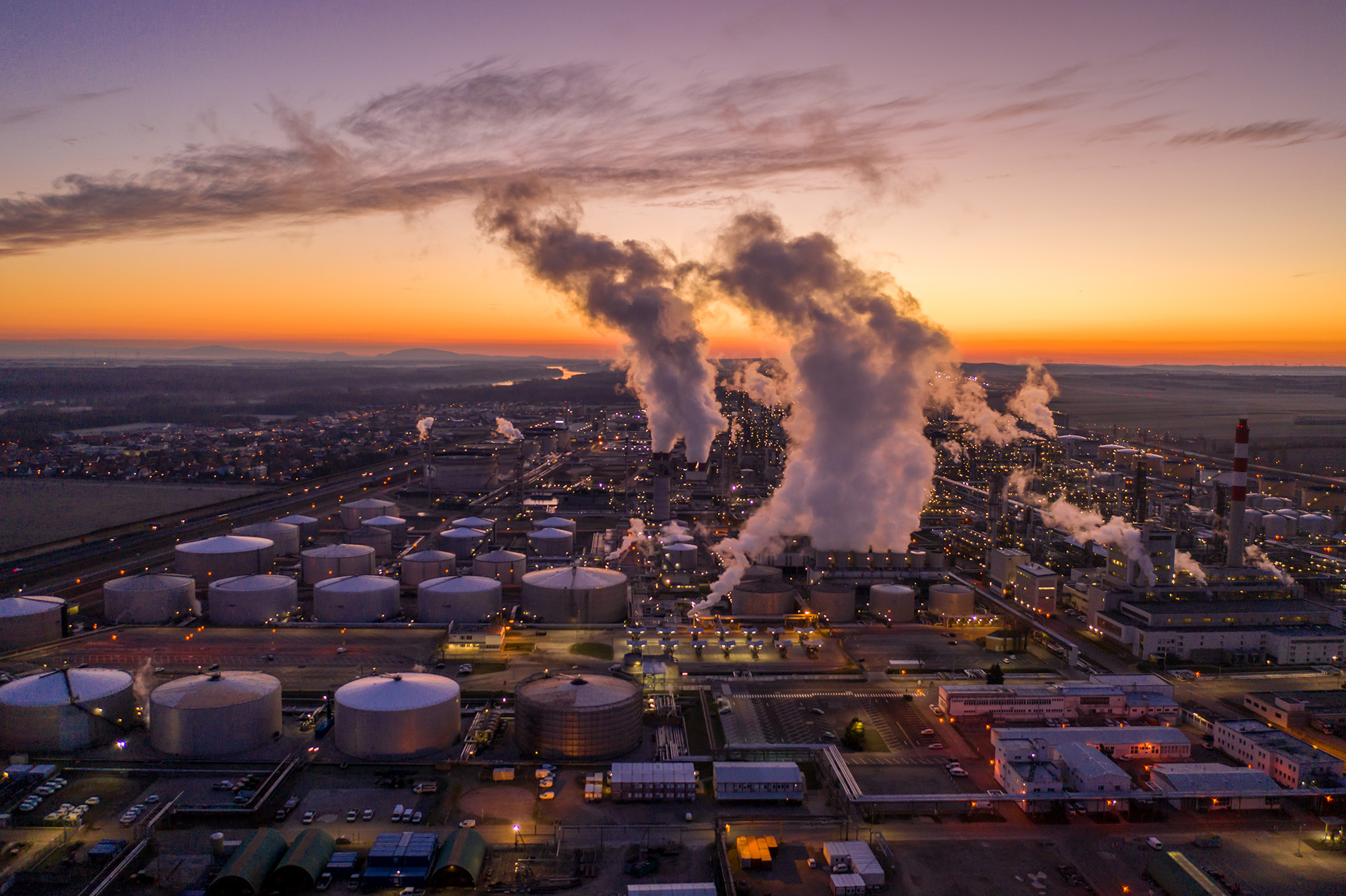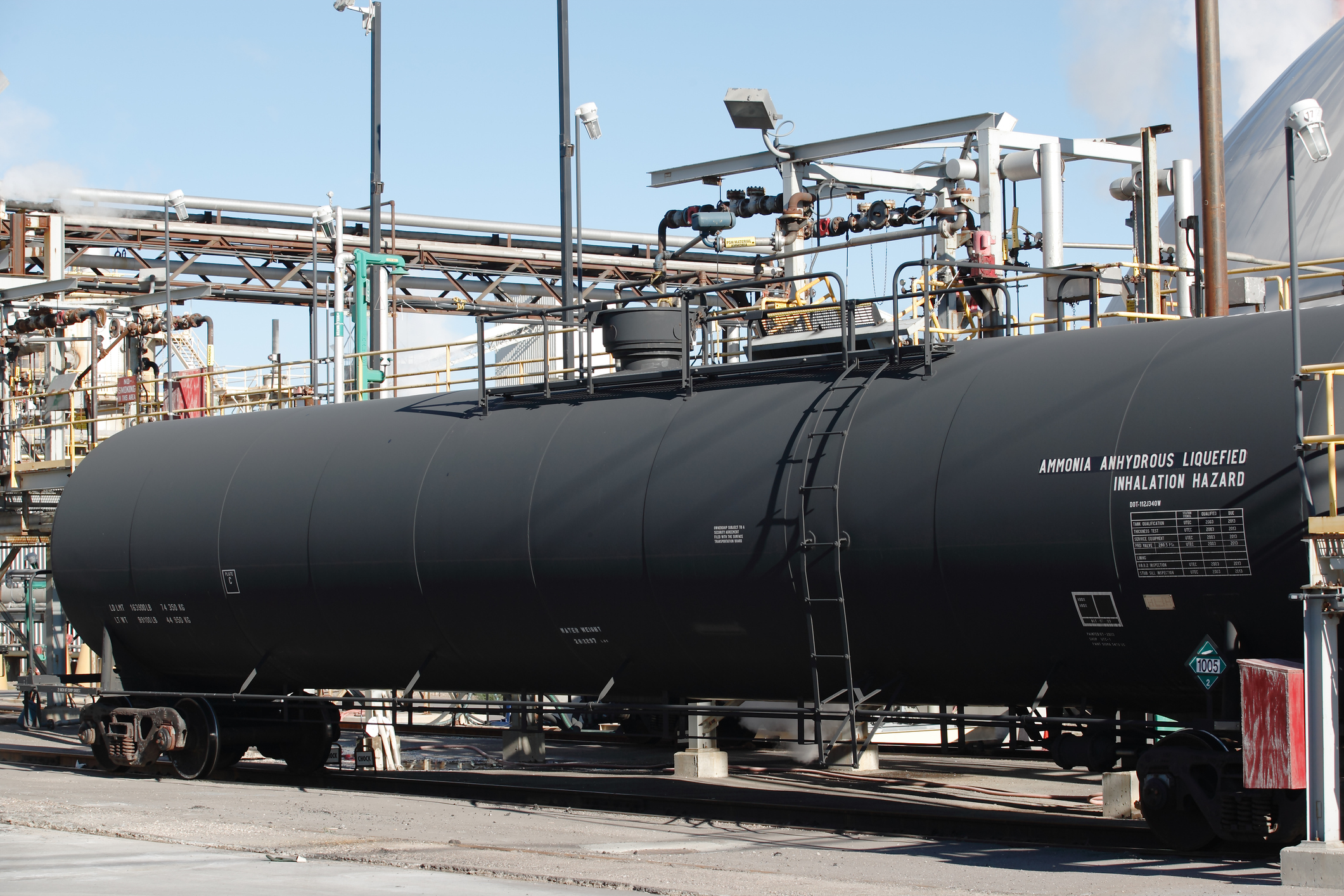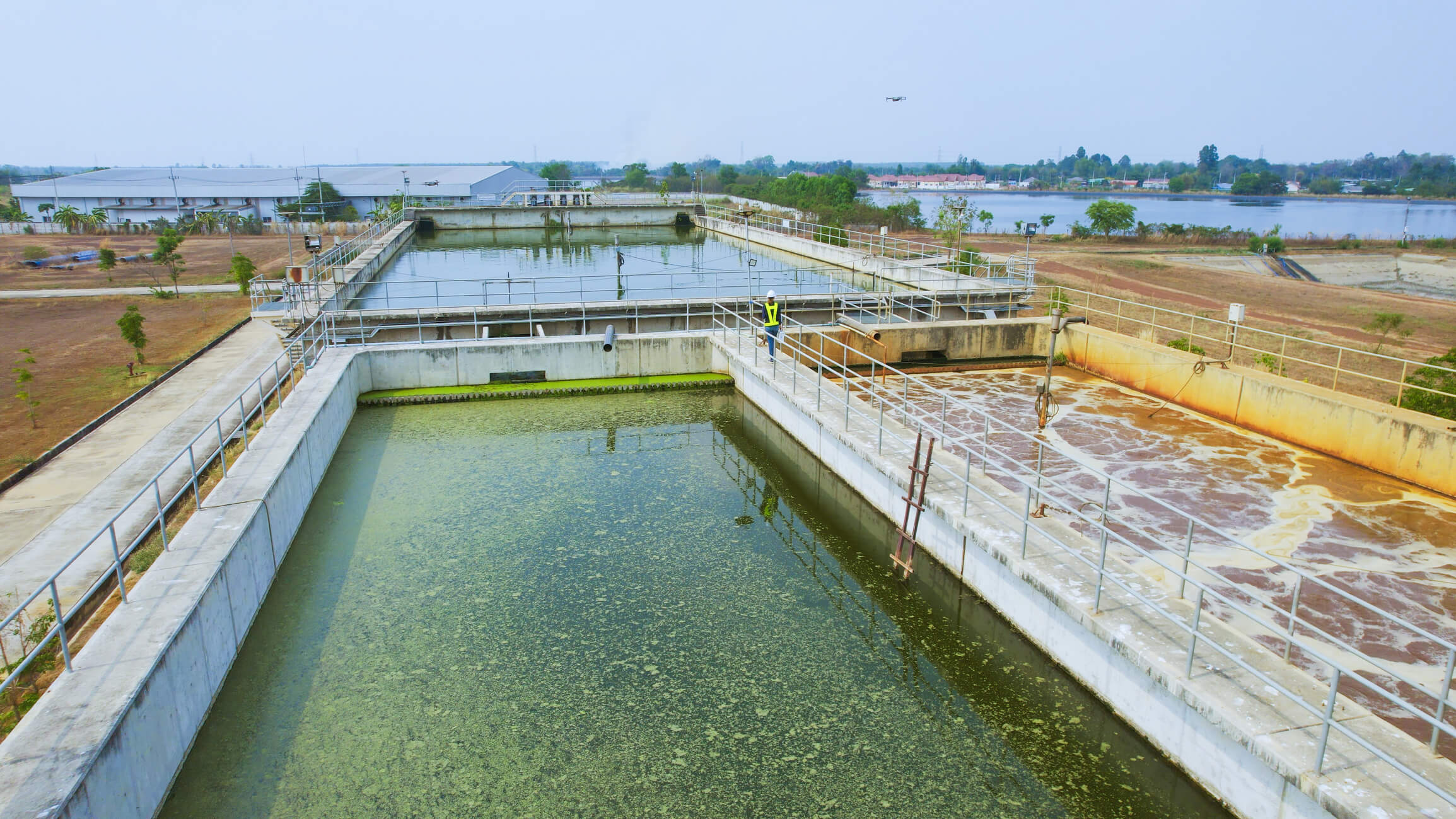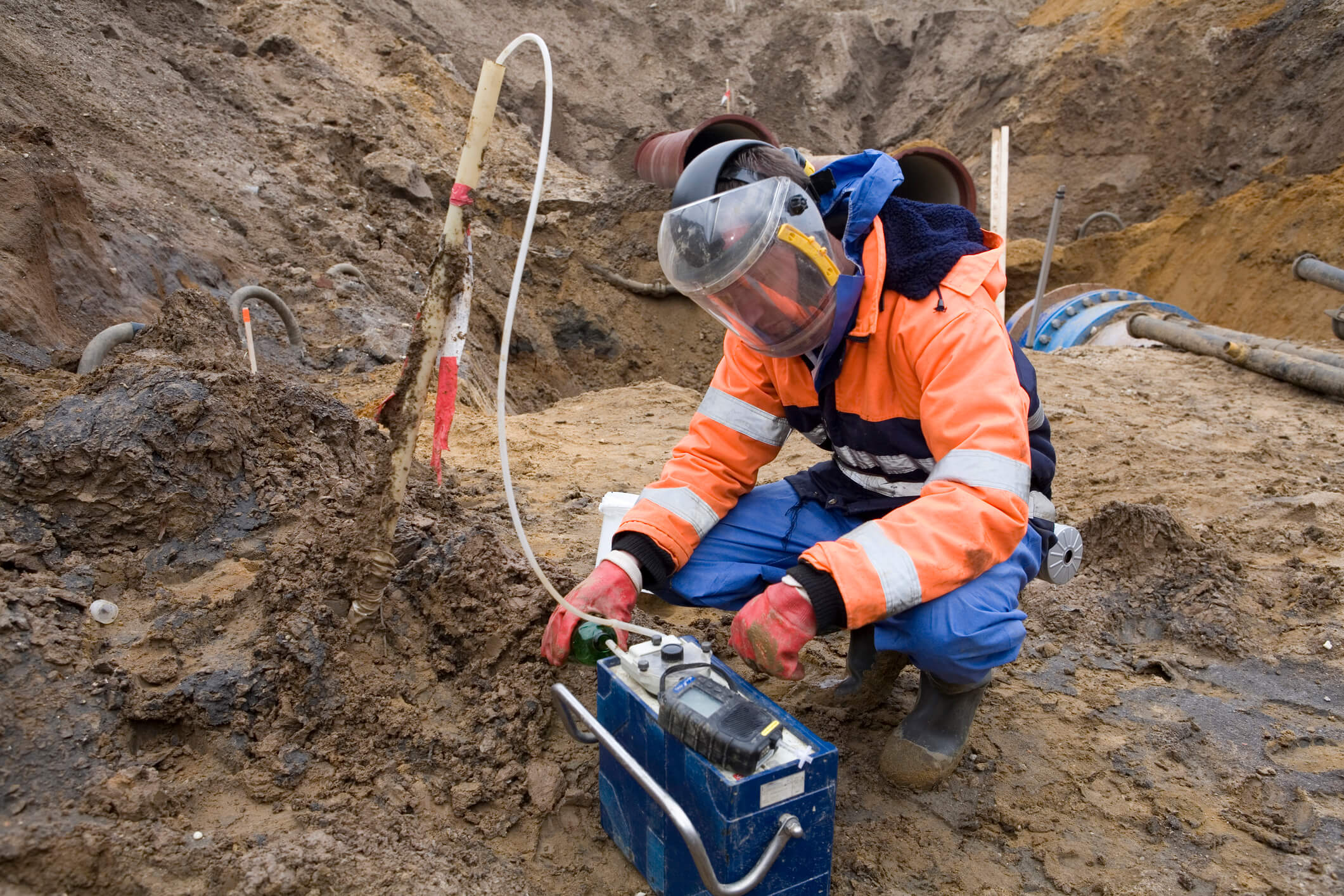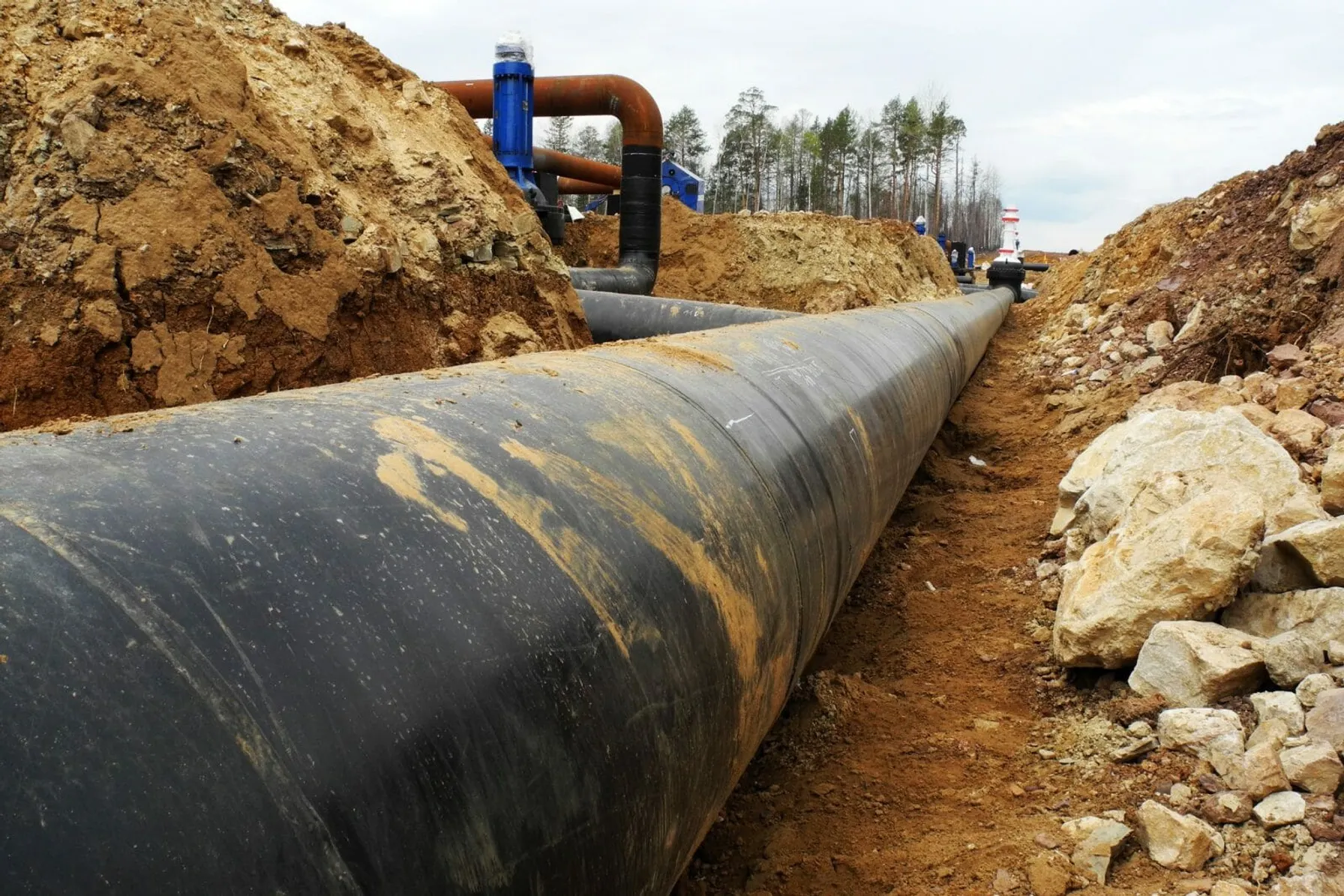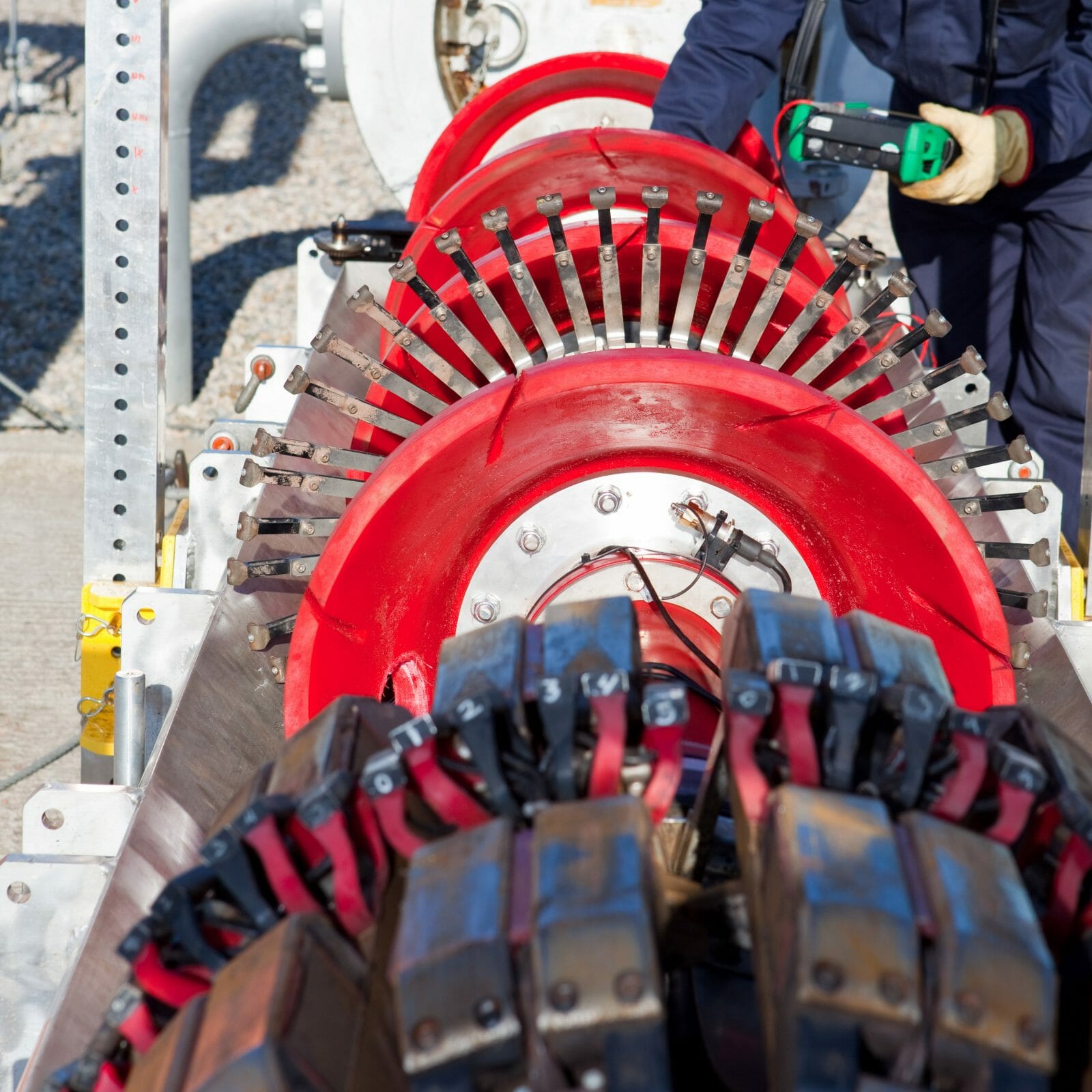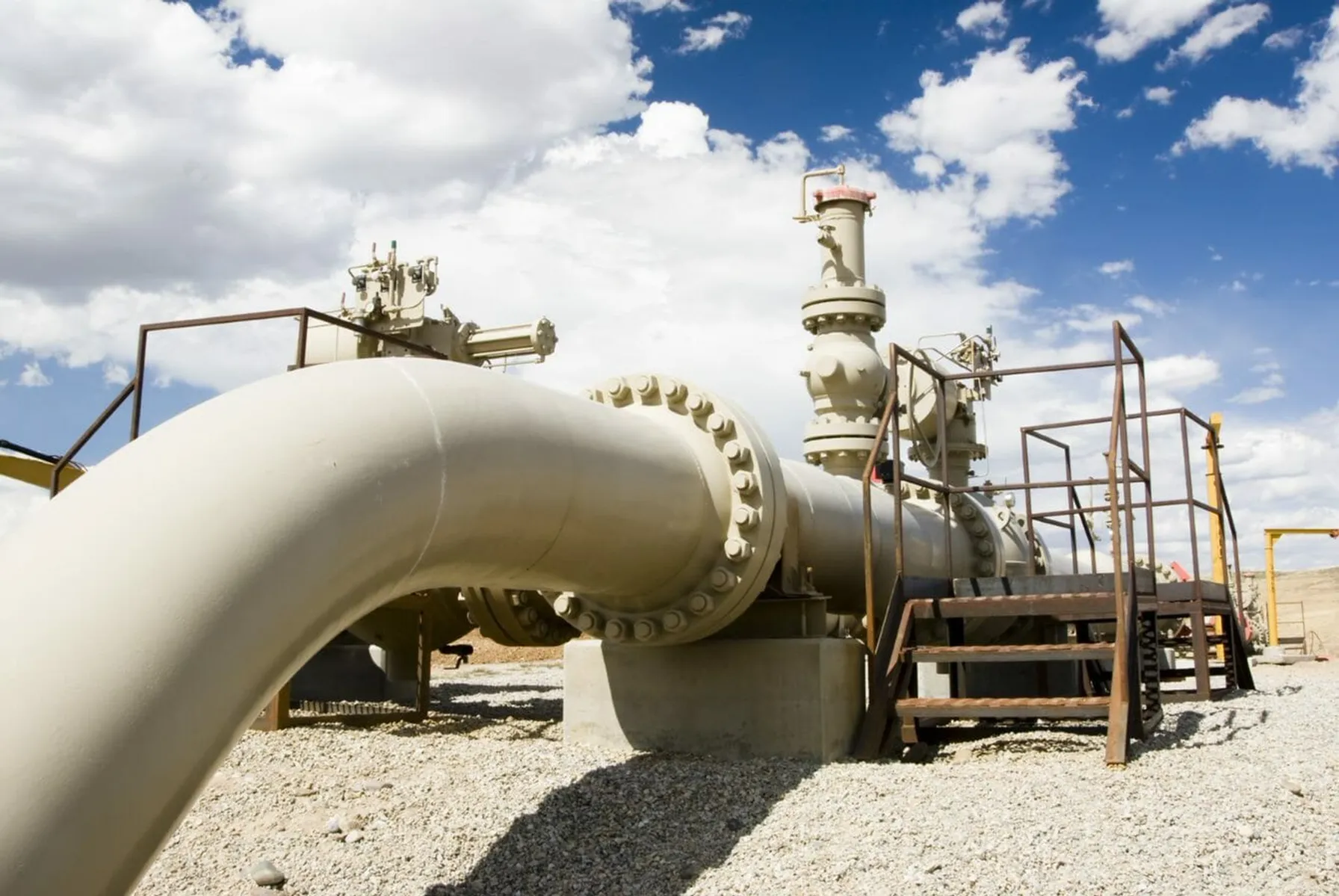There is currently an emphasis across the United States to reduce greenhouse gas emissions and become carbon neutral in the near future. Transitioning from carbon-based fuels to hydrogen and the capture of carbon dioxide both have the potential for a significant impact on the existing pipeline infrastructure across the country. The pipeline industry is working to address these challenges and TRC is heavily involved in tracking these efforts.
While the transportation of carbon dioxide and hydrogen by pipeline is not new, it does require the use of different materials, methods of construction, quality control testing and operational procedures than traditional hydrocarbon pipelines. Of the more than 3 million miles of pipelines in operation in the U.S., less than 1% of those pipelines were designed and constructed to transport carbon dioxide or hydrogen. In order to meet carbon reduction goals, existing pipelines may need to be repurposed to transport carbon dioxide, hydrogen or hydrogen/natural gas blends.
Hydrogen: The Zero Emission Fuel
While the combustion of natural gas and other hydrocarbon-based fuels produces carbon dioxide as a residual byproduct, the combustion of hydrogen produces water as the only byproduct. Blending of hydrogen into natural gas is the first step in the transition to a hydrogen fuel economy. A total duplication of the natural gas infrastructure for purity hydrogen would cost trillions of dollars and take decades to construct. Blending of hydrogen into existing natural gas is the most cost-effective approach and will result in the immediate reduction of greenhouse gas emissions.
The American Society of Mechanical Engineers (ASME) is currently modifying the natural gas pipeline standard to accommodate the blending of hydrogen into natural gas. The pipeline industry is spending millions of dollars on research to determine the safe amount of hydrogen that can be blended into existing natural gas pipelines with no modifications, and to determine what changes will need to be made to safely transport higher blends, potentially up to 100% hydrogen. The results of this research will be reviewed by the appropriate ASME committee and adopted into the natural gas pipeline standard for use by the industry and regulators.
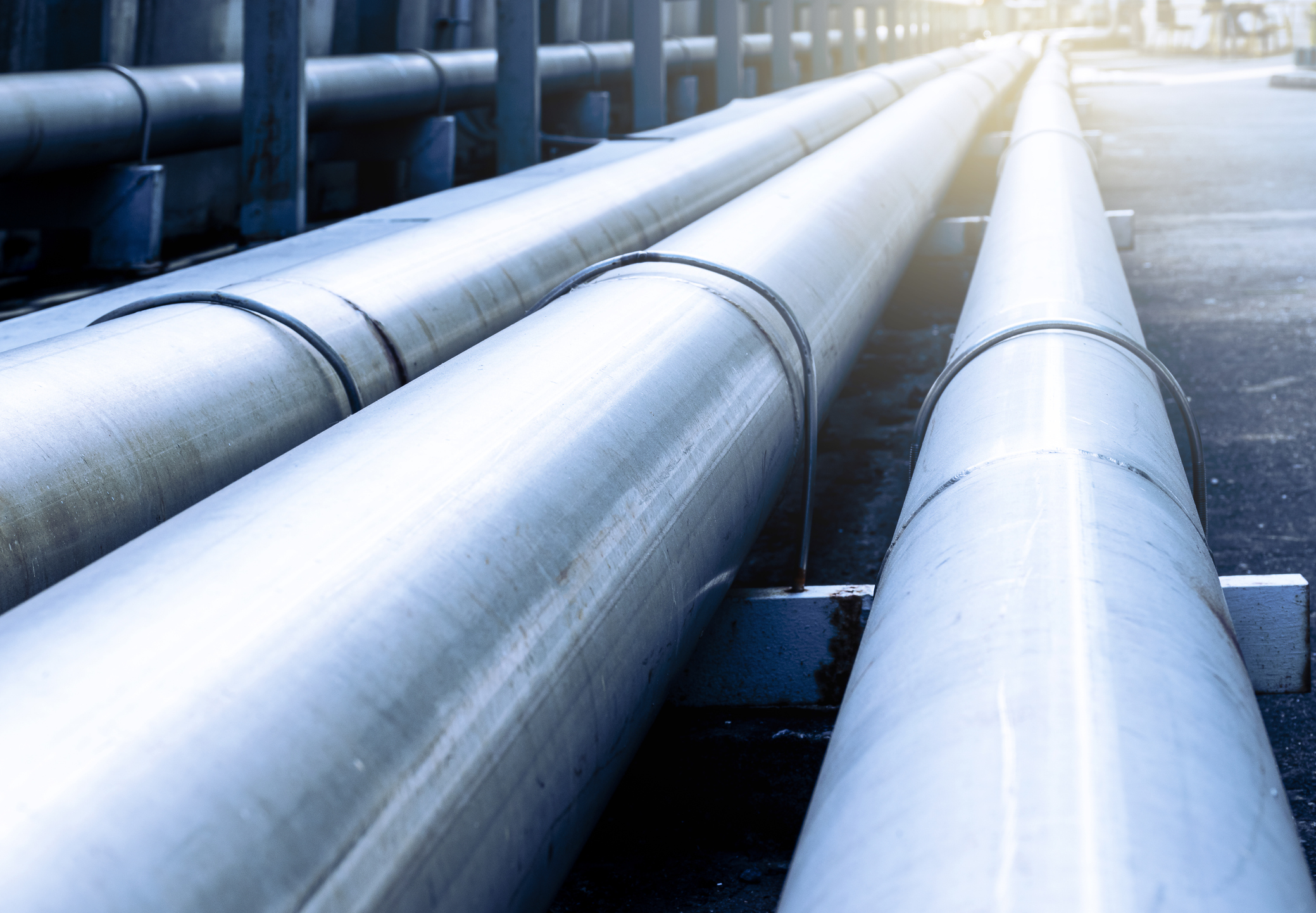
Carbon Dioxide – Reducing Greenhouse Gas Emissions
Carbon Dioxide has been transported by pipelines as a liquid for decades for use primarily in enhanced oil recovery in underground formations and is already covered by existing ASME standards. Most of this carbon dioxide has come from naturally occurring underground reservoirs or separated from raw natural gas streams as part of the treating process. Today’s greenhouse gas emission reductions are focused on the removal of carbon dioxide from industrial processes such as the production of ethanol, or from the combustion of hydrocarbon fuels for electrical power generation or industrial uses. This carbon dioxide recovery will be at low pressure and may require its transportation as a vapor instead of as a liquid, which currently is not covered by an ASME standard. After the carbon dioxide is recovered it will need to be transported to a suitable location for injection into an underground formation for sequestration.
ASME is in the process of reviewing the current carbon dioxide liquid transportation standard to determine what inspection, testing and modifications will be required to convert existing gas or liquid pipelines for the transmission of carbon dioxide. At the same time, the current natural gas transportation standard is also under review to determine similar requirements for transporting carbon dioxide as a gas. All of these modifications are necessary to ensure that all forms of carbon dioxide can be transported safely to their final destination.
TRC Can Help
TRC is your one-stop-shop for answers to today’s decarbonization challenges and is uniquely qualified to provide solutions for any or all phases of your project. We have in-house experts who can start small with the conceptual investigation and grow as needed for the design, construction and commissioning of your project.
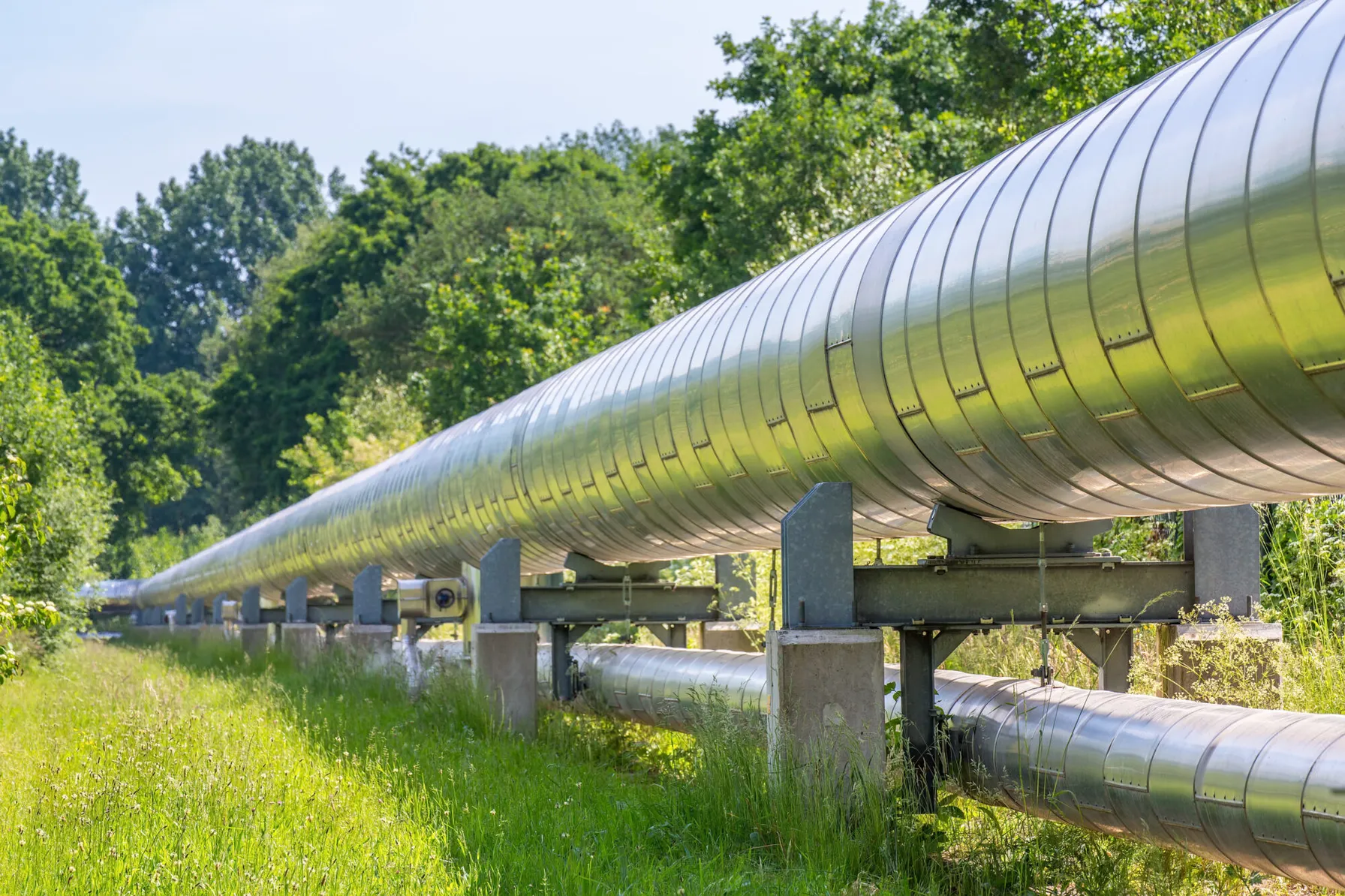
Learn More From Our Subject Matter Expert

Mr. Kevin Bodenhamer currently serves as the Vice President and Chief Engineer of TRC’s Energy and Renewables Engineering group. He has proven accomplishments in engineering, operations, compliance and environmental, health and safety (EHS) leadership positions in corporate and field locations; onshore and offshore facilities; plant and pipeline projects; plant, pipeline and facility integrity; joint venture business relationships; and risk reduction and process improvement initiatives. He has extensive experience in the origination and implementation of industry codes and standards with American Petroleum Institute (API), American Society of Mechanical Engineers (ASME), and Pipeline Research Council International (PRCI). Mr. Bodenhamer has engineering, operational and compliance expertise in renewable fuels including biogas, renewable natural gas and renewable liquid fuels and hydrogen generation, production, storage and transportation.

